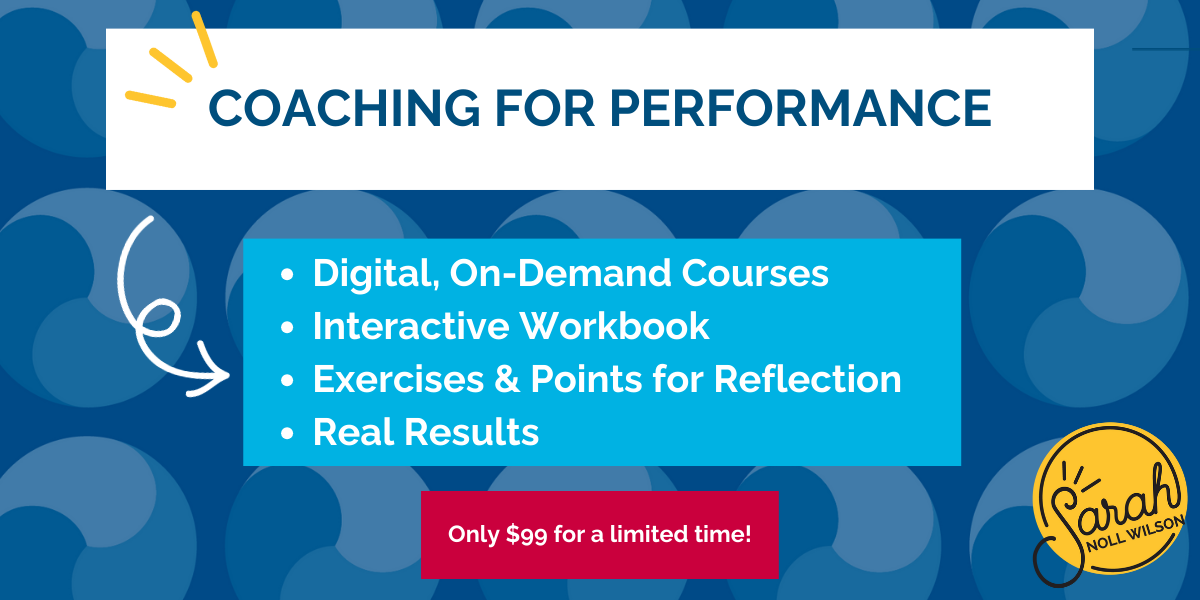
Leadership is crucial to any successful organization, yet developing the skills necessary to be effective can be challenging. One common theme in my work with rising leaders is feeling overwhelmed about where to develop their skill sets first. That is where our explore, experiment, and evolve methodology comes in.
Leaders must explore and understand their teams and their needs. Knowing the strengths and weaknesses of each team member, as well as what motivates them, is vital to building a successful and productive team. Understanding often requires active listening and communication to create an open, respectful environment where team members feel comfortable speaking and offering feedback. According to Gallup, 50% of Americans have left a job to “get away from their manager at some point in their career.” Be the person people feel safe delivering feedback to.
Explore Your Desired Leadership Impact
As an emerging leader, it is crucial to learn more about yourself, your leadership principles, and the impact you want to have on yourself and the people you will eventually serve. In our Emerging Leadership Program, we guide new and aspiring leaders through each phase.
Gathering Information
Gathering information will be critical to grasp the context of your work and build the abilities necessary to thrive. This may require you to:
- Learn about your organization’s or team’s history, mission, and values.
- Understand the variables around your team, such as personnel, team dynamics, and organizational culture, will also help you assess the potential opportunities and difficulties ahead.
- Know the tools and resources available to your team to maximize their effectiveness.
Get Clear About Your Leadership Values
Understanding and getting really clear about your leadership ideals is essential to becoming an effective leader. Knowing your values will assist you in making decisions, communicating with your team, and remaining loyal to yourself as a leader. Articulating your values and beliefs will help your team understand who you are as a leader. Being conscious of how your and your team’s views differ may help you build an environment of mutual respect and understanding. For instance, if one of your values is to be results-oriented and a member of your team’s value is to focus on the process, you can meet in the middle and agree to work together to ensure that both are addressed in the work.
Understand Your Desired Impact
What type of leader do you aspire to be? What values and characteristics do you hope to exemplify as a leader?
As an aspiring leader, it is critical that you reflect on and understand the impact you wish to have on both yourself and others you may one day serve. Doing the work to develop self-awareness, such as knowing how your actions and decisions affect yourself and others, is critical to being a successful leader. Furthermore, knowing what kind of legacy you want to leave behind will help you focus on having a long-term and beneficial impact on those you lead.
Experiment with Different Leadership Approaches
Developing an experimentation mindset as an upcoming leader necessitates considering diverse viewpoints on leadership and finding what possibilities might work in any situation. Experimentation can be scary, but with courage and practice, it will become an extraordinary instrument for improving and expanding your capabilities.
Consider that there are many approaches to a given problem or task. Often, what we perceive as a rule is simply a possibility for approaching a task, a problem, or a process. For example, you may think that the only way to complete a project is to start at the beginning and work your way to the end. However, you may find that starting with the most challenging part first is actually the best approach.
To embrace experimentation, you must be open-minded enough to examine diverse ideas. This includes being willing to question your preconceptions, consider others’ perspectives, and search for patterns and correlations between various approaches. It also entails being open to questions and listening to comments from others around you. A simple technique when learning to explore a new idea is to use the “Five Whys” technique. This guided investigation can help you learn to think critically about the “why” and better understand potential possibilities, implications, and solutions.
Evolve Your Leadership Methods
Effective leadership doesn’t develop overnight. It takes deliberate and regular work to enhance your leadership abilities. Identifying what you’re doing today that will help you attain those goals is one of the most effective ways to ensure that your actions align with your future leadership ambitions.
At this point, your focus should remain on what you’re doing today that aligns with your future leadership objectives:
-
Make a list of your present responsibilities.
Making a list of all the activities you’re involved in is the first step in reviewing what you’re doing today. Personal, professional, and academic activities, hobbies, and interests can be included. This should align with your desired impact or ambitions.
Making a list can help you understand how your activities affect your professional progress. Take the time to reflect on your activities and consider how they contribute to your overall development.
-
Examine your habits and activities.
It’s critical to think about your habits and actions. Are you deliberate in your actions? Are you proactive and self-starting? Do you think beyond the obvious to solve complex problems?
These are critical questions when examining your routines and behaviors. By taking a step back to explore your current operation, you may identify the habits and behaviors that benefit you and those that hinder you.
-
Establish explicit objectives
Now that you’ve discovered the activities and behaviors aligned with your desired future impact, it’s time to set specific goals.
Set small, attainable goals to stay motivated, evaluate your progress, and make necessary modifications.
-
Gather feedback
Getting input from others is one of the best ways to ensure you’re on the right path. Request honest feedback on your performance from trusted coworkers, superiors, and mentors.
-
Make the necessary changes
Developing strong leadership skills requires dedication, practice, and patience grounded in curiosity and experimentation. If you discover something isn’t working, modify it.
Sarah Noll Wilson is on a mission to help leaders build and rebuild teams. She aims to empower leaders to understand and honor the beautiful complexity of the humans they serve. Through her work as an Executive Coach, an in-demand Keynote Speaker, Researcher, Contributor to Harvard Business Review, and Bestselling Author of “Don’t Feed the Elephants”, Sarah helps leaders close the gap between what they intend to do and the actual impact they make. She hosts the podcast “Conversations on Conversations”, is certified in Co-Active Coaching and Conversational Intelligence, and is a frequent guest lecturer at universities. In addition to her work with organizations, Sarah is a passionate advocate for mental health.



